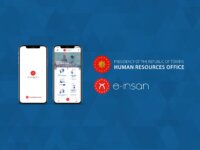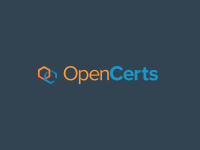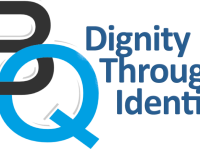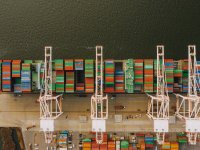In response to the Australian Government’s National Blockchain Roadmap the Blockchain Excise Platform digitises and tracks a taxable commodity (in this case pure litres of alcohol). It connects producers and regulator with real-time access to new data, generating productivity benefits and reducing illicit activity. A first of its kind blockchain ecosystem connecting the regulator to industry to more effectively control the movement, transfer and payment of liabilities for an excise commodity.
Innovation Tag: Blockchain
e-insan is an integrated platform, offering a wide range of services based on equal opportunity and accessibility for employment and lifelong professional development. In addition, it supports data-driven decision-making processes. The platform provides job and internship opportunities, online training for employees, and many contents of career development for youth and creates a talent pool with verified data. Blockchain-supported e-insan increases efficiency and transparency in HR management.
MiLAB - Govtech and Public Impact Laboratory, aims to contribute on the digital transformation acceleration of the public sector, by connecting it, through collaboration and open innovation strategies, with start-ups and SMEs that uses emergent technologies and innovative methodologies. MiLAB successfully specialized its activity within the public impact ecosystem, attending the high demand and global tendency of rely on digital innovator among the Government.
A problem for companies and owners of companies is that they need to engage with many different authorities to conduct their business. Instead of building solutions in a siloed approach we aim to build into the ecosystem by integrating different actors and enabling the business to control their own data using blockchains and digital wallets. This is both a new approach and use of a combination of new technologies that benefits the companies.
In an increasingly digital world, Participa.gov represents our vision for civic participation in political decision-making processes. Participa.gov is the Portuguese Public Administration's centralized, cross-cutting platform for facilitating participatory processes at all levels of government. It employs cutting-edge technology to ensure that citizens can actively participate in policy decision-making via secure and transparent mechanisms that foster trust.
OpenCerts is a blockchain-based, open-source platform for issuing and validating tamper-resistant digital academic certificates. Users will not have to worry about any personal information being leaked as academic records of the certificate and personal data are not published on the blockchain. Since a public blockchain is owned by the community and easily accessible by anyone, there is no need to run or maintain services to verify OpenCerts.
BanQu is the first ever blockchain-based (patented) Supply Chain & Economic Passport platform that enables transparency, traceability, equity and sustainability for farmers (especially women), workers, waste pickers living in extreme poverty. BanQu has also become the leading platform for ensuring COVID-19 supplies are reaching the most vulnerable nations and communities in the MENA region. BanQu is being used in 40+ countries across over 1 million last-mile-first-mile beneficiaries today.
The Reducing Friction in Trade (RFIT) project was initiated in March 2019 as a proof of concept to establish how blockchain distributed ledger technology and associated technologies can be used to seamlessly integrate supply chain data with HM Revenue & Customs and the Food Standards Agency’s systems. The project intends to do so by guaranteeing the timeliness and provenance of critical data and avoiding the need for discrete declarations.
Case Study
Harnessing the potential of blockchain technology for due diligence and sustainability in cotton…
The United Nations Economic Commission for Europe (UNECE) has developed an open source blockchain system to advance responsible consumers’ choices and business conduct in the cotton market. Through the system, industry actors can track and trace sustainability and circularity claims for cotton made clothing, from field to shelf, based on the UN standard for traceability and transparency of value chains.
The "Mirsal" service was developed on the UAEHUB.ae platform and enabled for all those registered with a UAEPass. This service dramatically enhanced the correspondence system for both private and public actors, having a positive impact on the environment and on the delivery speed of business letters between different entities.




